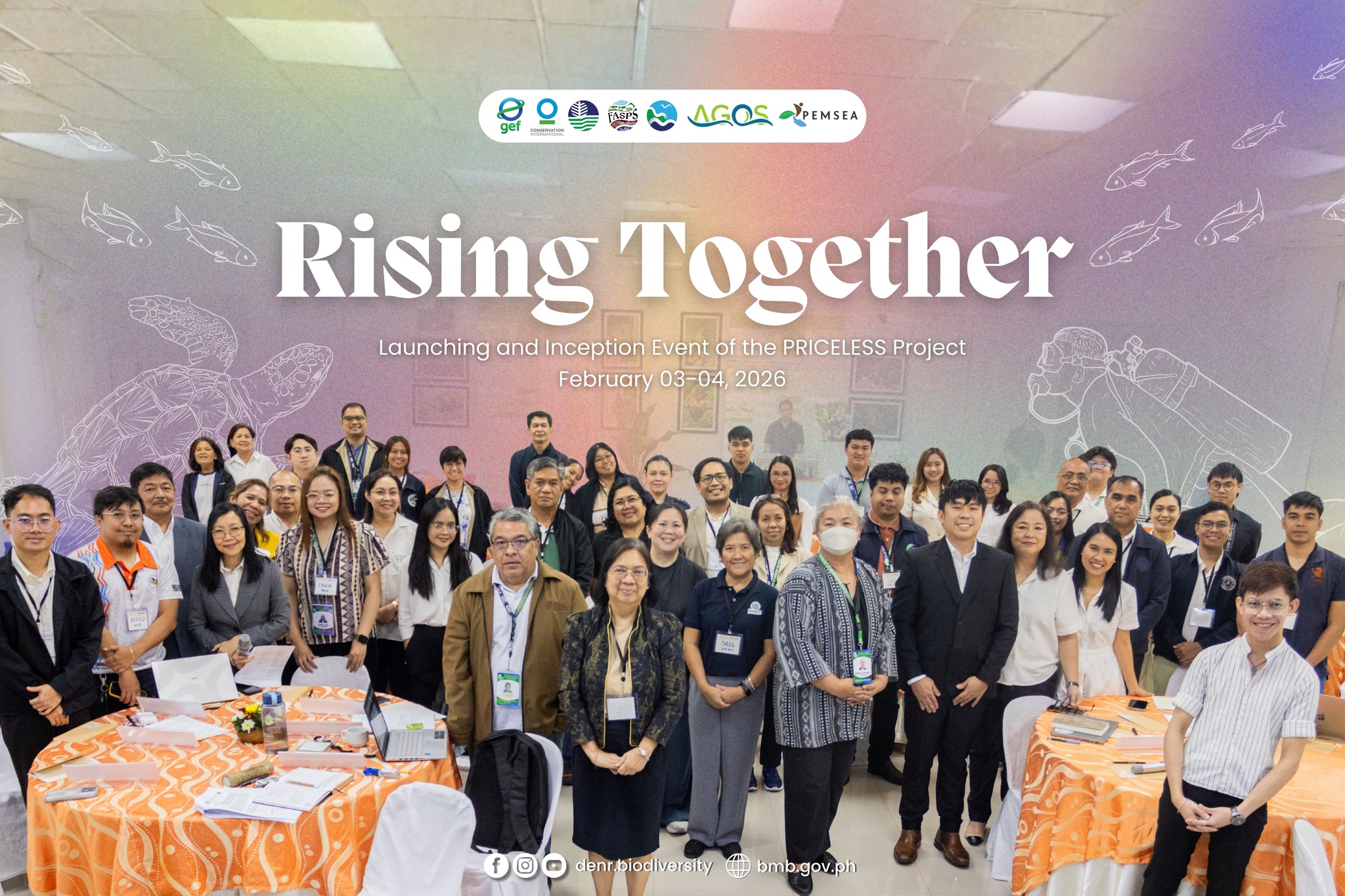CEARAC and POMRAC Convenes Focal Point Meetings
Saturday, 2 June 2012

Toyama, Japan — NOWPAP Special Monitoring and Coastal Environmental Assessment Regional Activity Centre (CEARAC) convened its tenth Focal Points Meeting (FPM) on 17-18 April 2012 in Toyama, Japan.
The meeting reviewed CEARAC activities in 2010-2011 biennium, revised the terms of reference of CEARAC FPM, discussed and agreed on major activities to be implemented in 2012-2013:
Preparation of a regional report on conservation of marine biodiversity and sustainable use of marine resources through compiling and analysing data and information on marine protected areas;
Refinement of common procedure for eutrophication assessment through further application in selected areas in the NOWPAP region; and
Organization of the 4th training course on remote sensing data analysis.
From 24 to 25 April 2012, NOWPAP Pollution Monitoring Regional Activity Centre (POMRAC) also held its tenth Focal Points Meeting in Kanazawa, Japan, and agreed to carry out the following activities in the 2012-2013 biennium:
Finalization of the regional overview on ecosystem valuation, marine spatial planning and ecosystem-based management in selected areas, as well as preparation of regional guidelines for integrated coastal planning and management;
Preparation of a regional overview on persistent toxic substances (PTS) and persistent organic pollutants (POPs);
Preparation of second State of Marine Environmental Report (SOMER-2) for the NOWPAP region.
As SOMER-2 requires participation of all NOWPAP Regional Activity Centres, further consultation will be followed in order to finalize its structure and contents. In addition, both CEARAC and POMRAC will continue their activities related to the implementation of NOWPAP Regional Action Plan on Marine Litter for 2012-2013.
Prior to the Focal Points Meeting, a workshop on PTS and POPs in the NOWPAP region was organized jointly by Kanazawa University and POMRAC on 23 April at which experts from NOWPAP member states introduced current situation of PTS and POPs, shared novel approaches and study results, and discussed the structure of future regional overview mentioned above.




